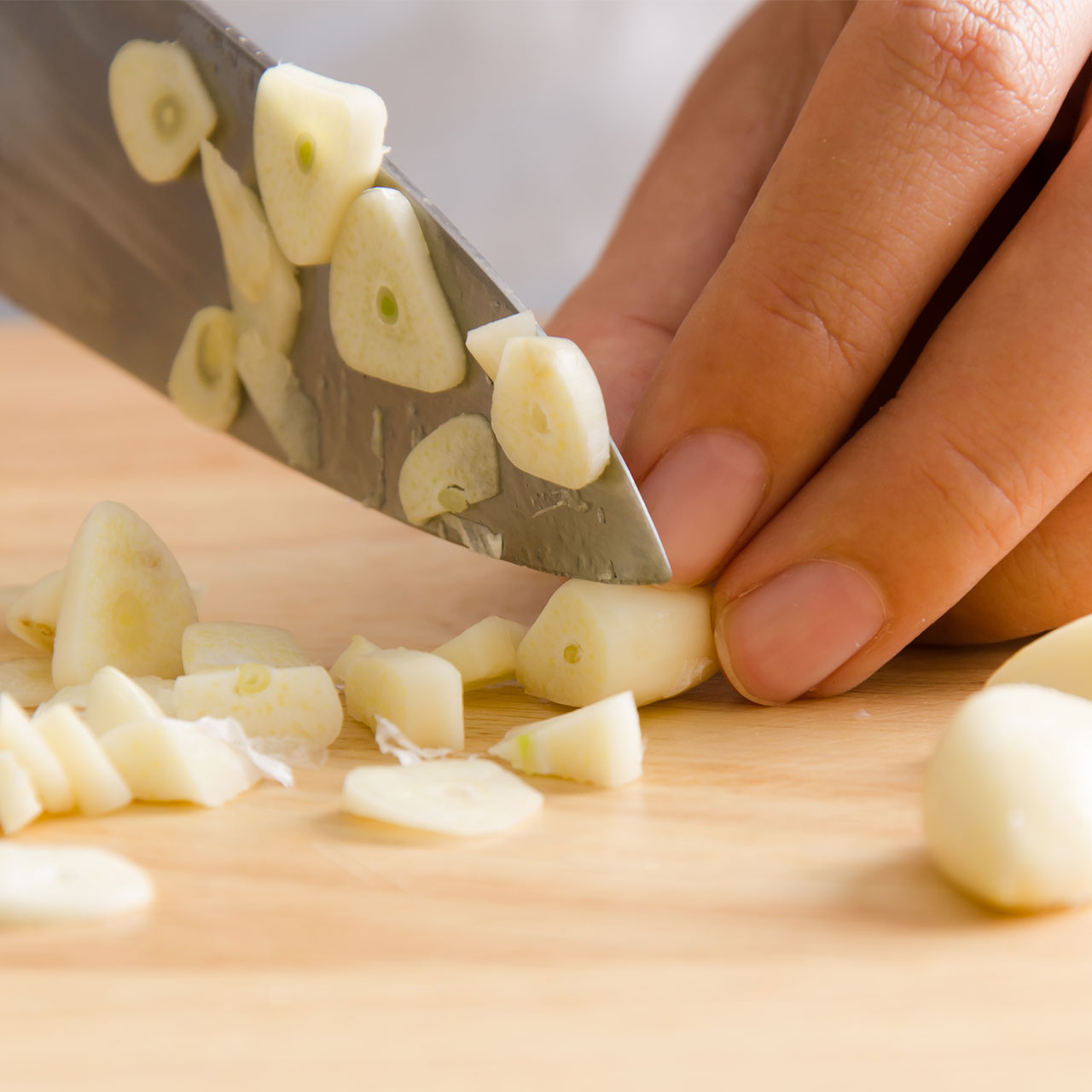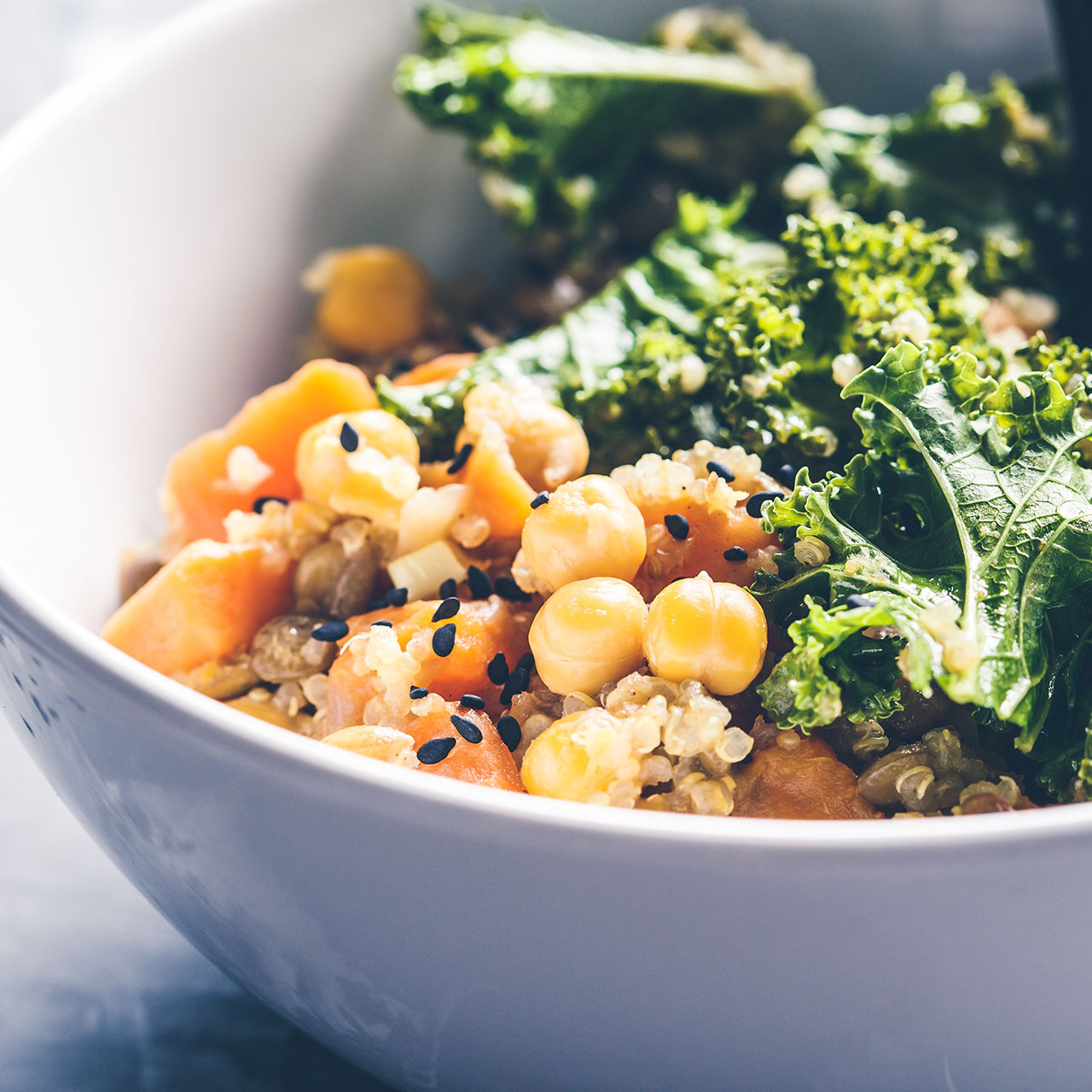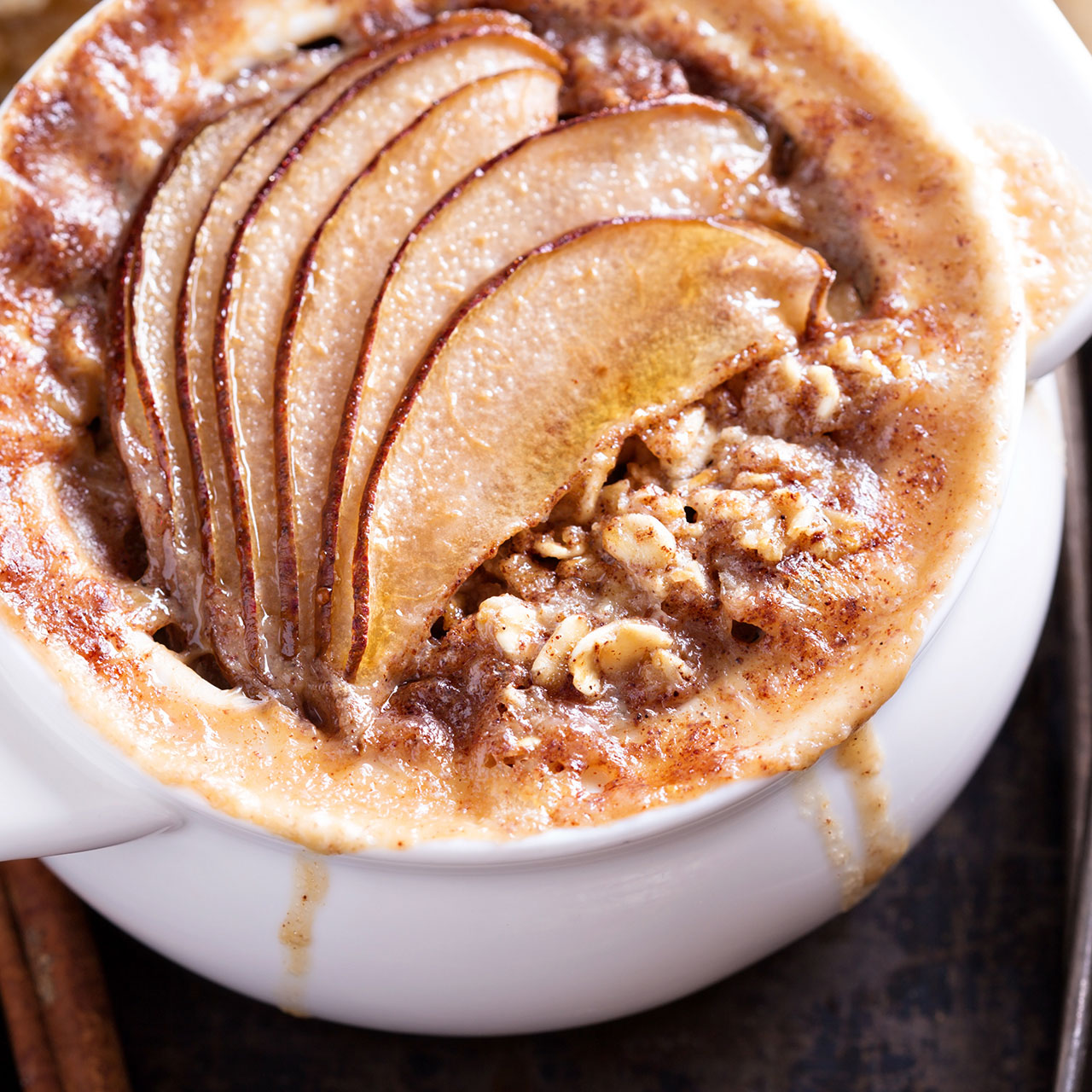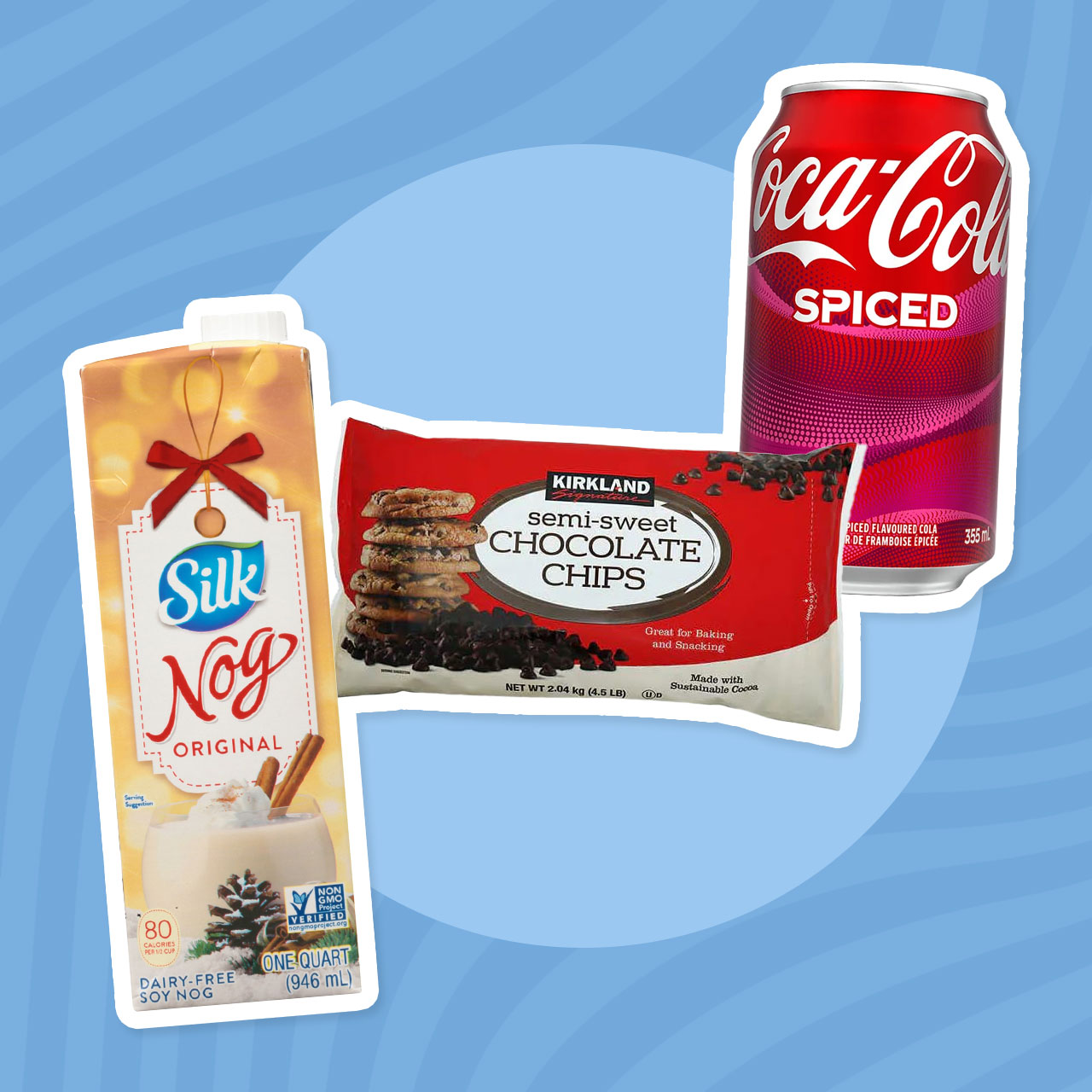As you grow older, you’ll eventually realize the importance of a good breakfast. Starting your day with a well-balanced meal is a great habit to practice because it gives you energy, boosts your brainpower, and strengthens your body. With so many options available on the market, the reality is that there are definitely foods that are more nutritious than others.
Take for example, bread. You’ve got plenty of choices such as wheat, white, whole wheat, multigrain, and more. There are literally so many different kinds! But which bread exactly is the healthiest one, and which one should you avoid? We asked Dr. Amy Lee, board certified doctor in internal medicine, medical nutrition, and obesity medicine and partner of Nucific to find out. Keep reading to see what she has to say.
Sprouted Breads And Its Nutritional Value
When choosing bread with higher nutritional value, Dr. Amy Lee suggests going with sprouted bread. These are “grains sprouted in water as part of the process of how it is made,” she says.
Dr. Lee explains, “It is considered to be a low glycemic food and easy for the body to digest. Net carbs can be as low as less than 10 grams of carb per slice, which makes it a more ideal bread to eat without the risk of weight gain.” Sprouted bread “consists of enzymes that helps the body break down food nutrients and aid in absorption and digestion.”
Some kinds of sprouted bread can have more nuts, different vitamins or minerals, and even fiber–“which are all things with great health benefits,” Dr. Lee shares. She notes, “Because it is ‘sprouted,’ shelf life is short and most people keep it in the freezer to keep it from molding.”
The Effect Of Eating White Bread
As for the type of bread to avoid, the answer goes to conventional white bread. According to Dr. Lee, “White bread is packed with flour and sugar with high total carbohydrates to levels of [more than] 20 grams per slice. Oftentimes, it is made with preservatives, wheat, and soy which a lot of people are now ‘intolerant’ to and have side effects to high intake of these ingredients.”
If you’re trying to lose weight, white bread is unfortunately not the best option to go with. Certified weight loss coach Jody Braverman, NASM-CPT, NASM-FNS, PN1, and nutritionist for Bellabeat, Jennifer Allura, CDN also agree. Allura emphasizes, “White bread will ensure those scale numbers do not move for you.”
“White, refined grain breads, and breads with added sugars are no-nos. Refined grain has been stripped of much of its nutrients and fiber during processing,” mentions Braverman. These refined grains are broken down and quickly transform into sugars, which then enter your bloodstream. Added sugars do cause weight gain. Obviously, you’d also want to avoid high blood sugar levels because they can further lead to serious illnesses like kidney damage, heart disease, and vision problems.
Dr. Lee concludes that when it comes to picking bread, “it’s all about understanding where it came from.” She warns, “Anything in a bag or a box found on the shelf are processed, and that’s the fact. But you have the power to read the ingredient list to better understand what you are eating.” You always want to make sure that you’re providing your body with the essential nutrients it needs, so it doesn’t hurt to do a little bit of research. Your future self will thank you for it!


























